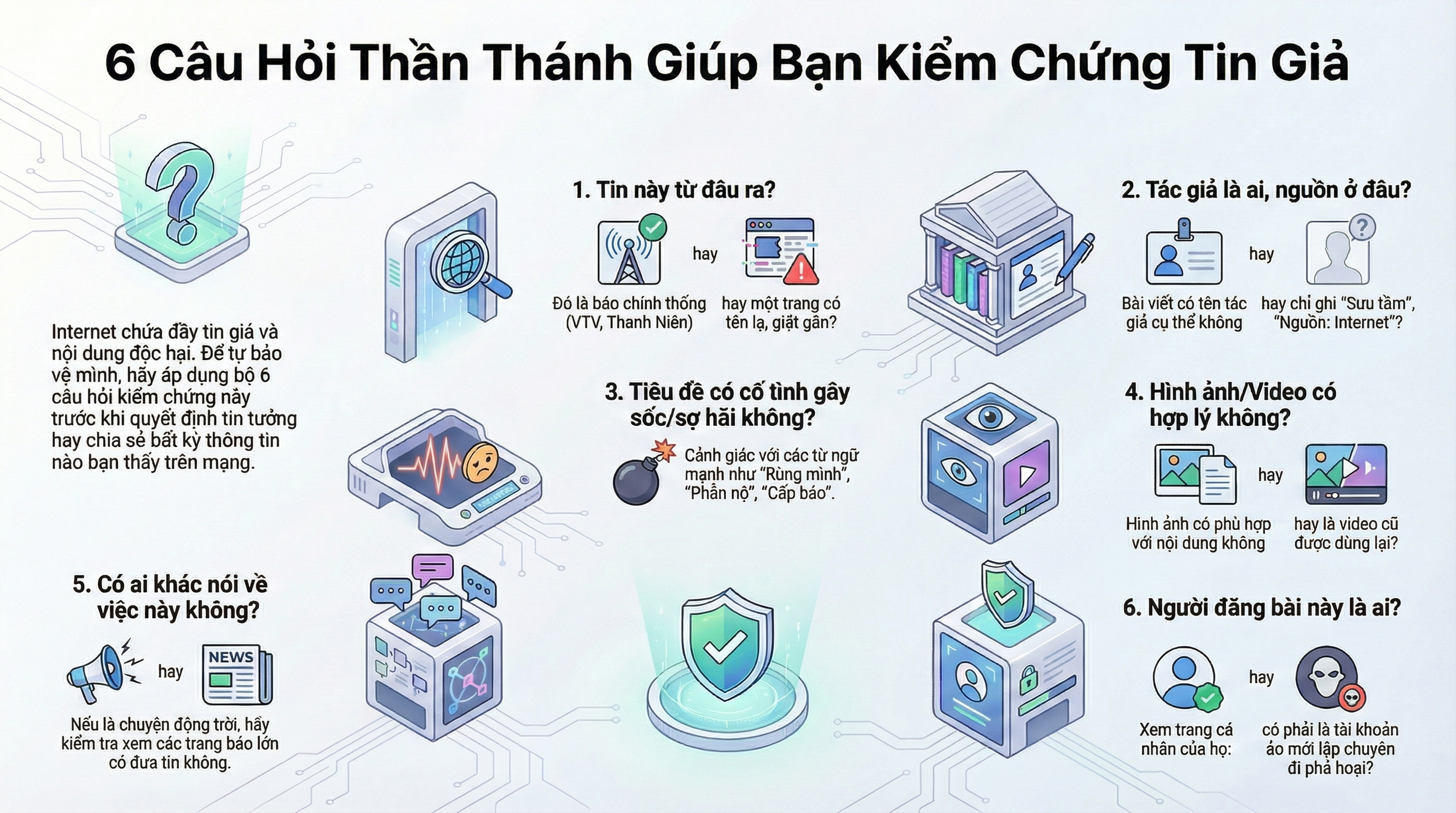
According to a report from the Department of Information Security, support for getting money back after being scammed is also one of them 24 most common forms of fraud as of the first half of 2023. So how to recognize and avoid this scam? Let's Anti-Phishing (CLĐ) learn more through the article below.
I. The reality of cheating on a cheating husband - "support to get money back"
Cyber fraud is on the rise, with more and more people having their property appropriated for amounts ranging from several million to several billion dong. Taking advantage of the confusion and wanting to recover the amount of money that has been defrauded, "money recovery support" services continuously spring up. Many people have acted as lawyers, bankers, and information technology engineers to provide support services to recover defrauded money, but in fact they are trying to put the victim "in the trap" again.

Using the same trick as helping to get money back from being scammed, but more sophisticated, these scammers use social networking sites to create many accounts pretending to be lawyers, bankers, and experts. Then, post content to help victims of scams get their money back.
These scammers often ask victims to transfer fees to recover money, or participate in online betting and gambling games that supposedly change the betting odds to help victims quickly win money. lost. If they fall into the trap, the victims will once again be deceived and lose a significant amount of money.
II. Identifying characteristics and fraud tactics
To continue to trick victims, scammers often act as follows:
III. How to prevent further property appropriation
To avoid having your property appropriated again, you SHOULD attention:
Also, please ALWAYS Remain vigilant and do not agree to any financial transaction without complete information and verification. Protect your personal financial information and learn more about common scams to avoid becoming a victim.
And the important thing is, ANYONE who proactively tells you that they can assist you in recovering the money that you have been defrauded of is, for the most part, a scammer. Be cautious when making any transactions with them.



